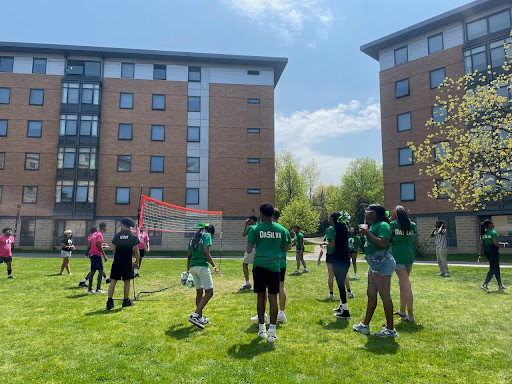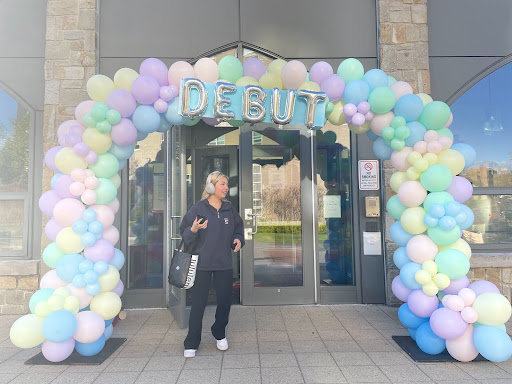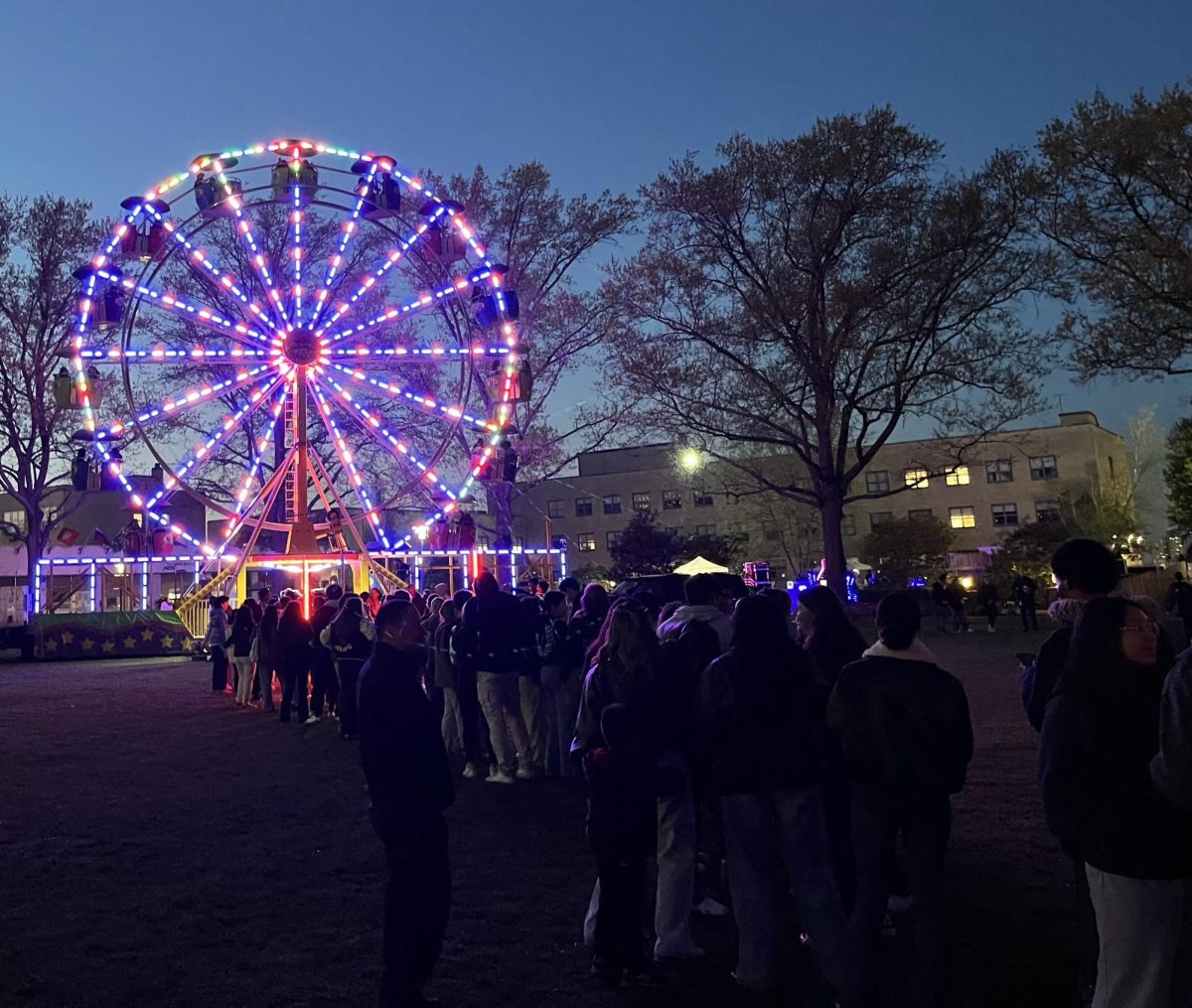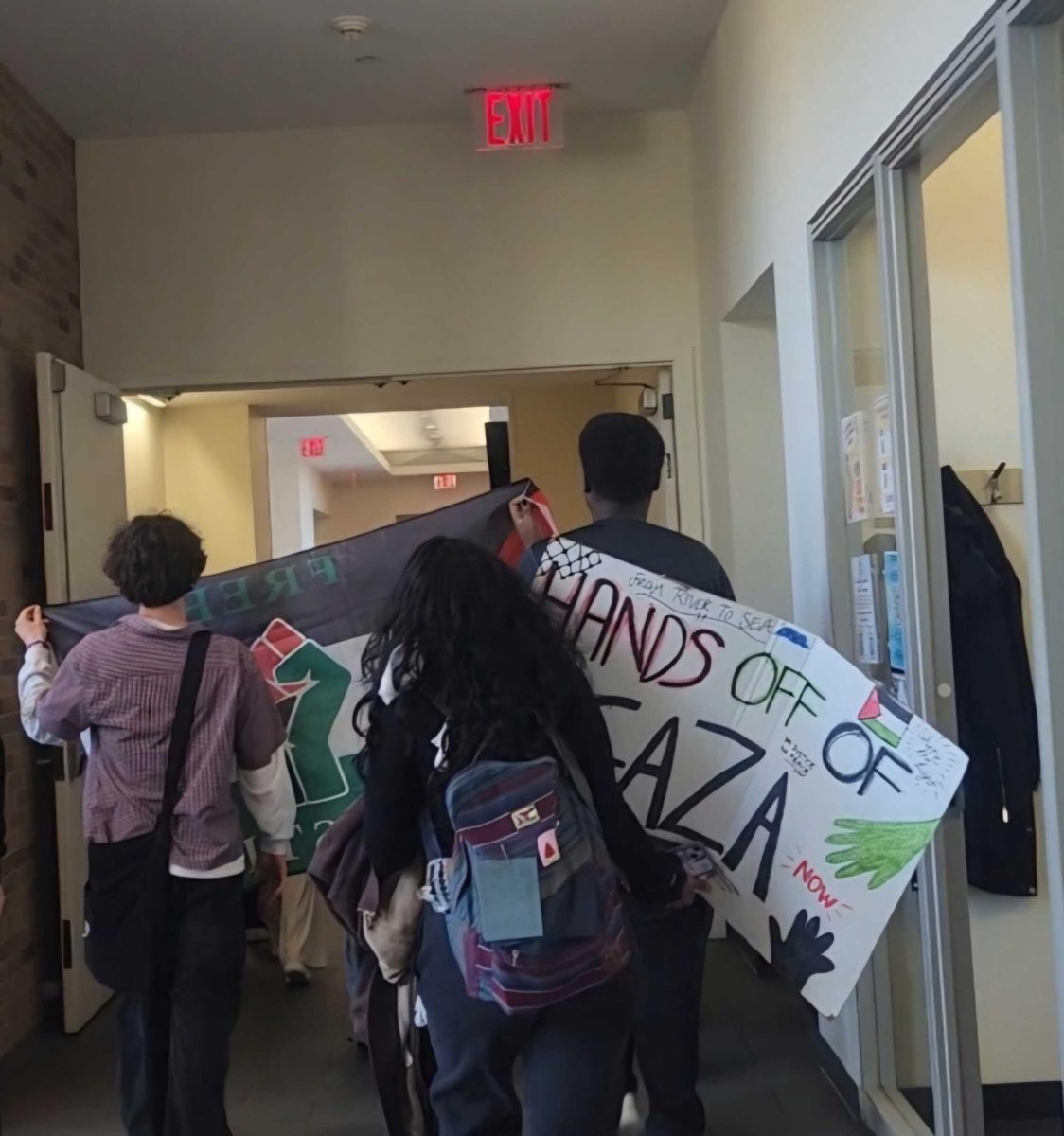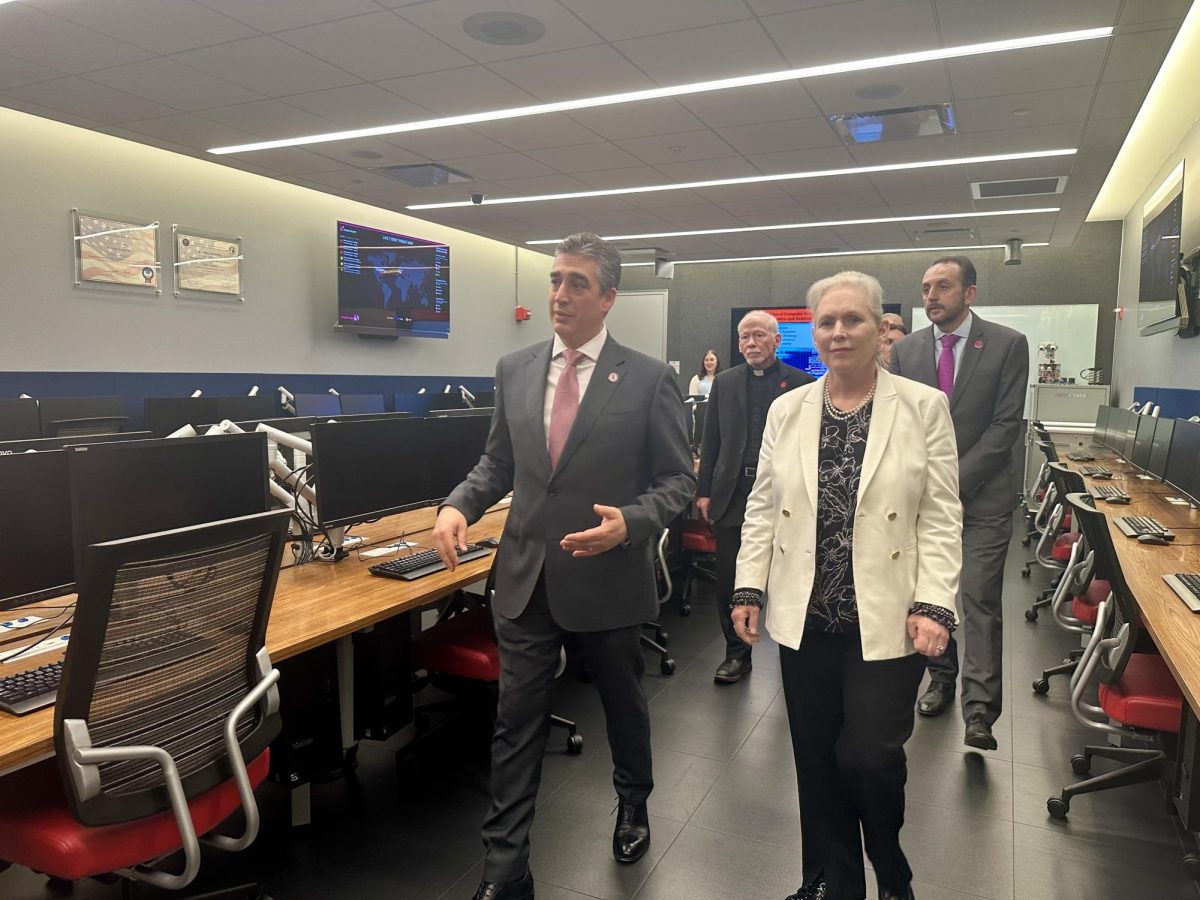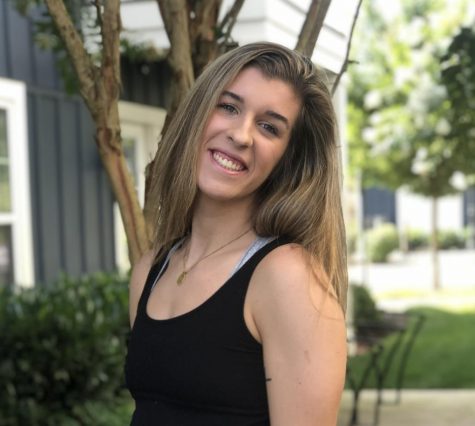It’s Black History Month and many orgs have been organizing events to celebrate. The Inclusivity Resource Center in collaboration with Haraya and NAACP hosted a Black Table Talk on Feb. 6. The inspiration for their Black Table Talk came from Jada Pinkett Smith’s web television talk show Red Table Talk where 3 different generations come together to discuss a variety of hot topics.
The conversational panelist included: Johnathan Moore, Regibella Deporvel, SGI secretary Nnaemeka Ifeajekqu, Community Service Chair Samantha Moore and Hawkins Hawkins. They covered several topics like the definition of blackness, navigating life as a black person, being ‘black enough’, getting lost in the white noise, self-awareness, accountability, white supremacy and being united on campus.
When discussing the definition of blackness, each panelists had their own personal definition, but all agreed that understanding where we come from is the way we define who we are and who we want to be. Ifeajekqu said, “When I think about blackness, I think about myself. Not only my skin color but my background, the way I was brought up. The experience is indescribable. I can’t think about anything but myself and my brothers and sisters.” The panel continued to discuss how if people are intimidated than education and becoming aware of black culture is the best route when intimidation is the issue. “In reality, we are all the same, we all exist, we are all people.”
Navigating life as a black person was discussed to many lengths. One route of the conversation was on the slang “straighten up” and what it meant to them. There is a “double soul that we have to live in as black folk…straighten up is coming from a deep sense of love that was once feared,” said Jonathan Moore The panel said that as a black person it is important to hold themselves accountable and sometimes being strict is a necessity to stay alive. The conversation was centered around family and how accountability is the most important to ensure one day does not become the last day their parent’s see them.
While there is a sense of responsibility, there is also a great deal of pride. Johnathan Moore went on to say, “In order to be black you have to represent a certain level of wildness, a certain level of lack of discipline…We come from royalty, we come from kings and queens. Black is unity…Black is every single color in one.” However, the feeling of being not ‘black enough’ was also a hot topic.
Hawkins talked about her own struggles with this and how it came down to “not being black enough for the black kids and not being white enough for the white kids.” But the panel mentioned how regardless of a person’s struggle in feeling ‘black enough’ they must embrace their culture by knowing their history and background.
The panel also had advice for self-confidence and awareness. Samantha Moore discussed how “putting salt in someone else’s sugar will not make your sugar sweeter.” Moore then went on to say, “You are happy. You’re glowing. I just want people to stop convincing other people of stuff they don’t believe.” The panel then spoke on how black people must keep those around them accountable. Johnathan Moore circled back to unity when saying, “Energy is only transfer. Black males have to take corrective action to their other brothers instead of turning the other way. I encourage us, all of us to not turn the cheek to one another when you’re doing wrong. Let’s correct ourselves before someone out there corrects ourselves.”
Lastly, when asked about feeding into white supremacy, Deporvel noted, “There is a time and a place for everything. It is about where you are and how you present yourself. We need to stop using the black card.” then Samantha, who agreed with Deporvel, responded by saying, “Anybody can wear sweatpants. We have to stop claiming those narratives. It is about professionalism.”
The event was interactive between the audience and panelists. It ended on a strong note with the final words from panelist Hawkins who said, “This life is hard and it’s even harder being black. If you are not properly equipped up here then you are not going to be able to get through it.”
If you are interested in other Black History Month events there are several coming up. On Feb. 27 there will be a viewing and discussion on the film “Queen and Slim” and on Feb. 29 Haraya is hosting their annual Black and White ball; tickets are now on sale and can be purchased through campus concierge.














